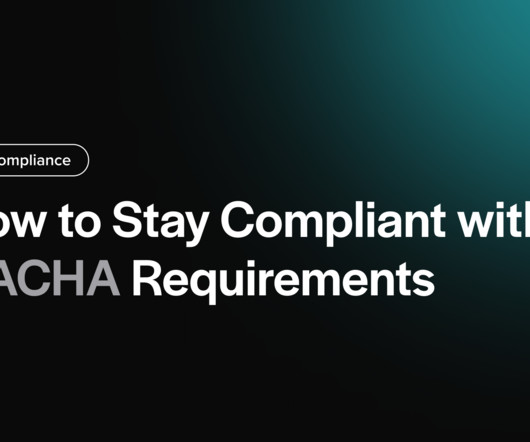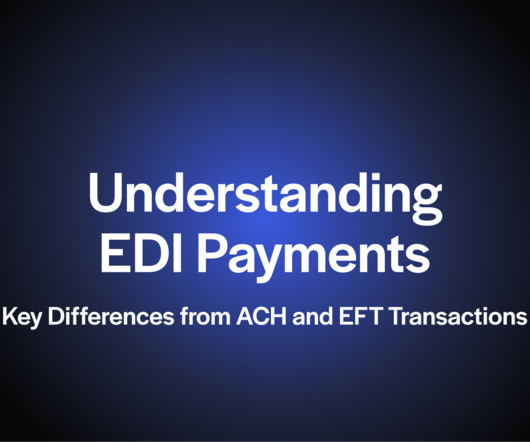How to Stay Compliant with NACHA Requirements
EBizCharge
JULY 16, 2024
Ensuring compliance with NACHA requirements is crucial for financial institutions, as it guarantees the secure, efficient, and reliable handling of electronic payments. This includes developing policies and tools to adequately identify, assess, and mitigate potential fraud. How often are NACHA rules updated?











Let's personalize your content